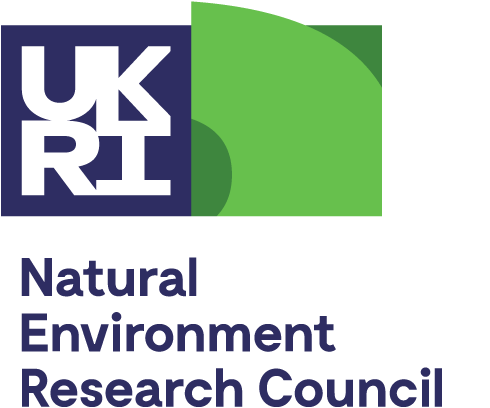Submit using the UKRI Funding Service
NERC opportunities now use the UK Research and Innovation (UKRI) Funding Service and not the Joint Electronic Submission (Je-S) system.
Information on using the Funding Service is in the specific funding opportunity’s guidance and in the service itself.
Find NERC funding opportunities.
Submission deadlines
Opportunities close in the Funding Service at 4:00pm on the relevant closing date. You should leave enough time for the application to pass through your organisation’s submission route before 4:00pm.
UKRI has introduced new role types for funding opportunities being run through the Funding Service from 22 May 2023. For full details, see roles in funding applications.
Joint submissions
In the Funding Service , joint submissions must be submitted by the lead organisation only.
The application will include the project lead and all project co-leads from all organisations involved.
Where project costs are requested in the application, they should be itemised per organisation. Non-lead organisations do not submit a separate linked application in the Funding Service.
Attachment types
In the Funding Service, most information is provided in the service and not as a separate attachment. Where an attachment is required, instructions are provided in the application.
Applications will still be rejected if they do not meet the requirements in the opportunity, for example, if:
- organisations or applicants do not meet the eligibility criteria, including rules limiting the number that an organisation or individual can submit to the opportunity
- the proposed project is not within the remit of the opportunity
- the requested funding for the application exceeds the published funding limit or doesn’t include all the required costs (including NERC facility costs)
- there are significant omissions, such as submitting under an international partnership scheme without the relevant approval and documentation


